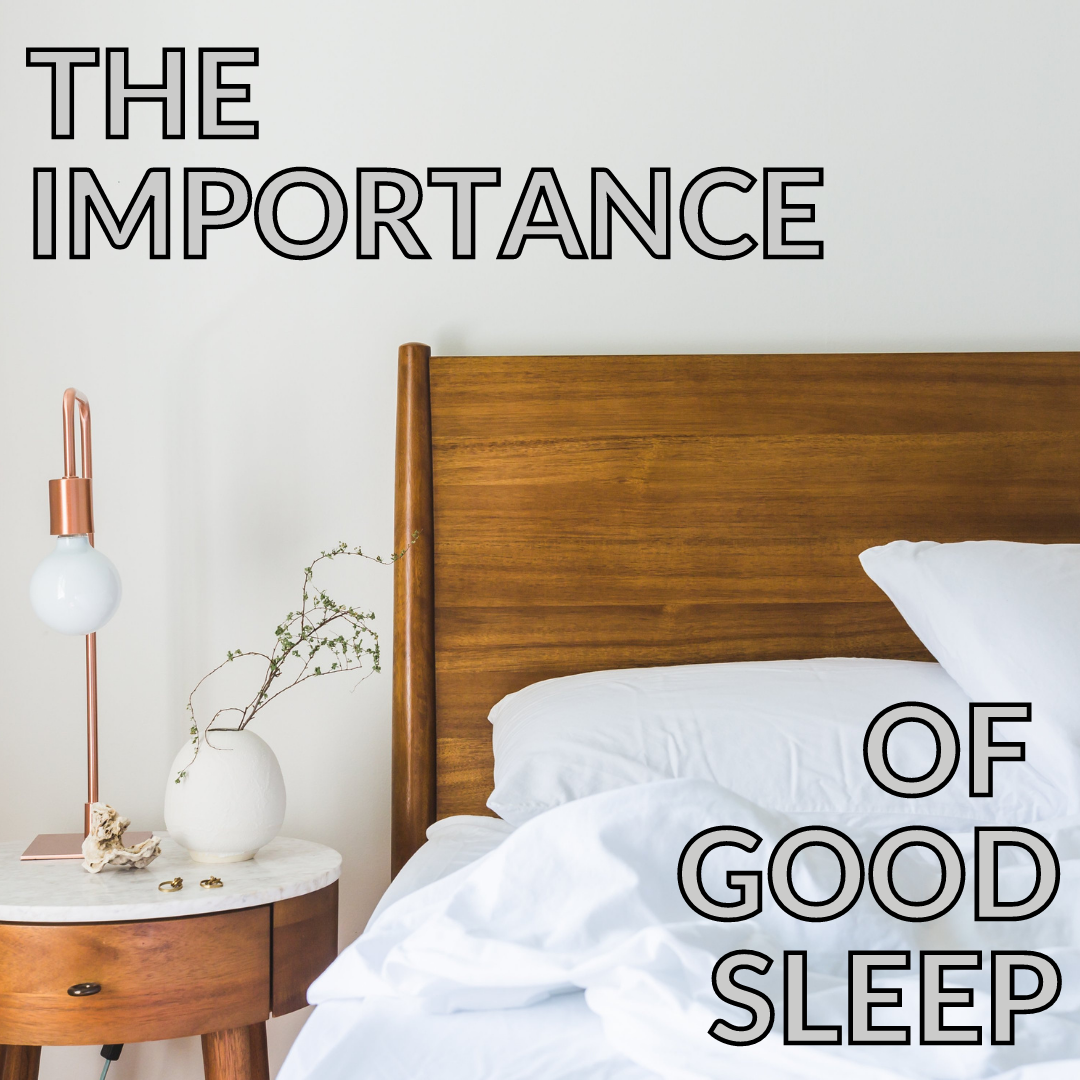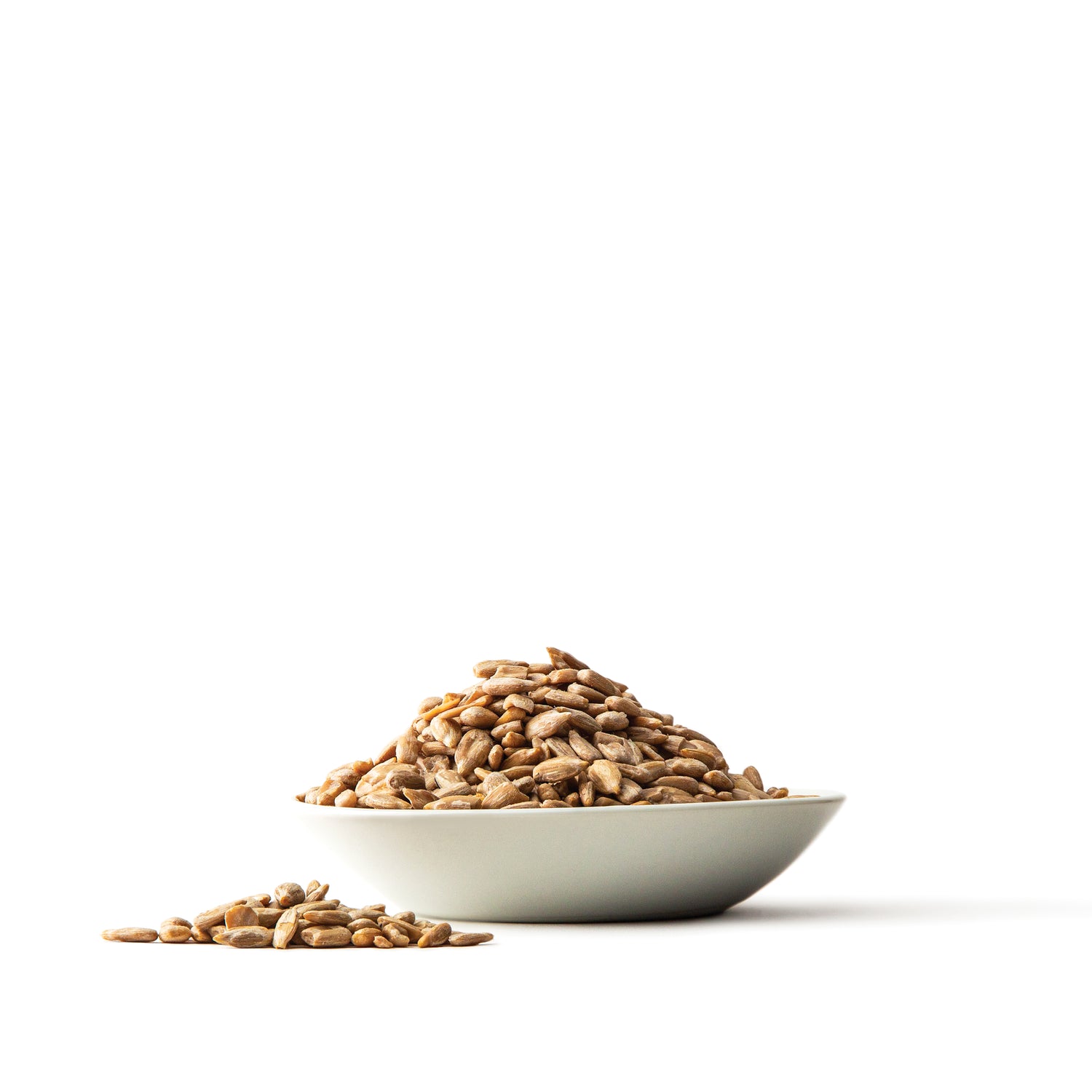Sleep is essential for health and well-being, but you may ask why? When you think about it, it’s rather odd that every creature on Earth needs sleep, needs to lie dormant for hours on end every single day. Scientists are still researching sleep, but we do know some of the things it does.
Sleep is linked with several health factors. Sleep helps maintain a good metabolism and properly digest food. Those who don’t get enough sleep may gain weight more easily than those who get healthy sleep. Sleep is important for daily functioning, as a good night’s rest promotes wakefulness, productivity, and good concentration.
Aside from physical health, sleep is also great for mental health. Those who sleep well and enough tend to be less susceptible to depression. Sleep promotes clarity and critical thinking, which may help to manage anxiety or other mental health concerns. Sleep is not a replacement for therapy or medication, but it definitely helps you to feel good overall.
What can you do to promote healthy sleep? If you have trouble with sleep, what can you do to make it better? Here are some tips.
1. Have good sleep hygiene
You may hear the word hygiene and think cleanliness, which is definitely a factor. Changing your sheets and pillowcase regularly, as well as cleaning your mattress and bedroom when it is needed does promote good, healthy sleep. But sleep hygiene entails more than that.
Your brain creates links between places and activities. Therefore, you must be careful to help your brain associate the bed with sleep. Doing wakeful activities such as playing on your phone, watching TV, or eating in bed can make your brain associate the bed with wakefulness, keeping it from falling asleep as easily. Be sure to do those activities elsewhere, and reserve the bed for sleep.
2. Limit Screentime
Screens emit blue light, which triggers the brain that it is time to be awake. By using screens before bed, your brain may have a hard time winding down for sleep. There are a few ways to combat this. You may choose to avoid screens 1-3 hours before bed. Most phones and computers have a night or anti-blue light mode, and often you can set up your device to go into this mode at a certain time every day. You may also choose to use blue light blocking glasses, more on those hereBy clicking the link!
3. Turn out overhead lights
Similar to the blue light problem, overhead lights can trigger the brain into wakefulness by association with daytime. Combat this by using a dimmer if you have it, or opt for lamps and candles rather than ceiling lights. This helps trigger the brain that it is time to wind down rather than be awake and active.
4. Avoid strenuous activity
While it may be tempting, it is best to avoid strenuous physical activity like working out in the evening. These activities raise your heartrate and cortisol levels (read more about cortisol hereTo learn more). This spike makes it harder for your body to relax and fall asleep. Instead, try less strenuous exercise in the evening such as yoga or walking.
5.Caffeine
We all know caffeine as the world’s most widely-used stimulant. It can disrupt sleep cycles with it’s energizing properties. If you have a very hard time with sleep, you may consider removing caffeine from your diet entirely, especially if you have difficulties with anxiety. However, it is usually sufficient to stop consuming caffeine 4-10 hours before you want to go to sleep.
Sleep is an essential part of life, and there are many things you can do to take care of it. If you have sleep problems that are disrupting your daily life, consider talking to your healthcare provider or a sleep specialist. Here at Foods Alive, we hope these tips can help you, and we’re always here to support you in your healthy life.
Research
https://www.healthline.com/nutrition/10-reasons-why-good-sleep-is-important






